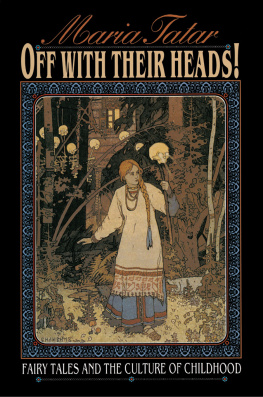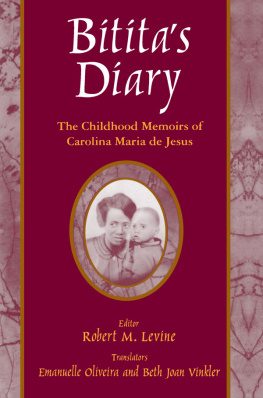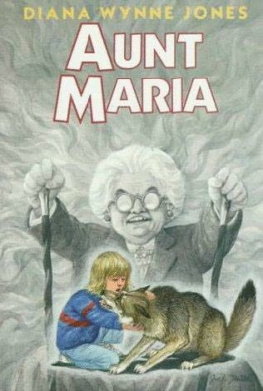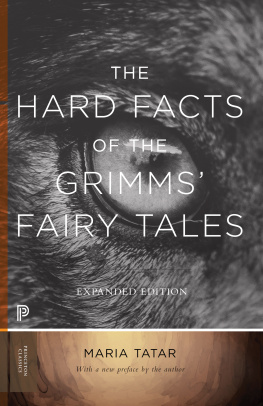Maria Tatar - Off with Their Heads!
Here you can read online Maria Tatar - Off with Their Heads! full text of the book (entire story) in english for free. Download pdf and epub, get meaning, cover and reviews about this ebook. year: 2020, publisher: Princeton University Press, genre: Children. Description of the work, (preface) as well as reviews are available. Best literature library LitArk.com created for fans of good reading and offers a wide selection of genres:
Romance novel
Science fiction
Adventure
Detective
Science
History
Home and family
Prose
Art
Politics
Computer
Non-fiction
Religion
Business
Children
Humor
Choose a favorite category and find really read worthwhile books. Enjoy immersion in the world of imagination, feel the emotions of the characters or learn something new for yourself, make an fascinating discovery.
- Book:Off with Their Heads!
- Author:
- Publisher:Princeton University Press
- Genre:
- Year:2020
- Rating:3 / 5
- Favourites:Add to favourites
- Your mark:
- 60
- 1
- 2
- 3
- 4
- 5
Off with Their Heads!: summary, description and annotation
We offer to read an annotation, description, summary or preface (depends on what the author of the book "Off with Their Heads!" wrote himself). If you haven't found the necessary information about the book — write in the comments, we will try to find it.
Off with Their Heads! — read online for free the complete book (whole text) full work
Below is the text of the book, divided by pages. System saving the place of the last page read, allows you to conveniently read the book "Off with Their Heads!" online for free, without having to search again every time where you left off. Put a bookmark, and you can go to the page where you finished reading at any time.
Font size:
Interval:
Bookmark:

OFF WITH
THEIR HEADS!
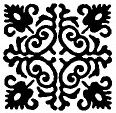
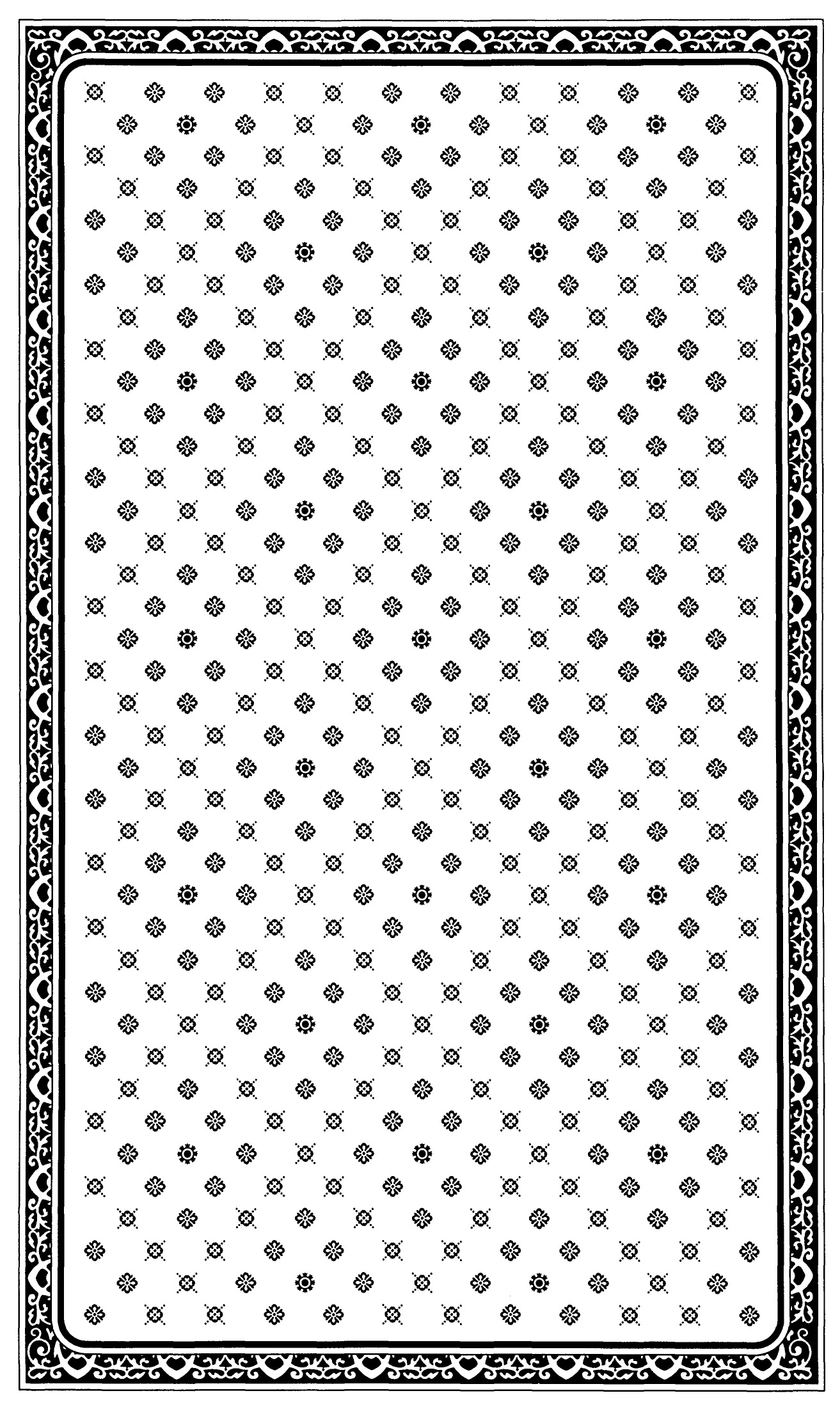
OFF WITH
THEIR HEADS!
FAIRYTALES AND THE CULTURE
OF CHILDHOOD
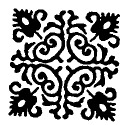
Maria Tatar
PRINCETON UNIVERSITY PRESS
PRINCETON, NEW JERSEY
Copyright 1992 by Princeton University Press
Published by Princeton University Press, 41 William Street,
Princeton, New Jersey 08540
In the United Kingdom: Princeton University Press,
Chichester, West Sussex
All Rights Reserved
Library of Congress Cataloging-in-Publication Data
Tatar, Maria M., 1945
Off with their heads! : fairy tales and the culture of childhood / by
Maria Tatar.
p. cm.
Includes bibliographical references and index.
ISBN 0-691-06943-3
ISBN 0-691-00088-3 (pbk.)
eISBN 978-0-691-21481-8
1. Fairy talesHistory and criticism. 2. Folklore and children.
3. Childrens storiesPsychological aspects. I. Title
GR550.T38 1992
398.45dc20 91-26470
R0
FOR ANNA, JOHN, AND STEVE
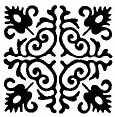
Our anxiety for his
future makes us careful in
ridding him of bad habits and making
his will supple as Lockewhom we are
now readingwould say. The other night he
cried after being put to bed, not of course from
pain, but mere contrariness. I tried to induce him to
be quiet and failed. I then took him out of bed and
whipped him, and as he cried out even more, pressed
him close to me, and held his head and bade him be quiet.
In a moment, after a convulsive sob or two, he became quite
quiet. I put him back into his cot, told him to be quiet and
to go to sleep, and left him. Not a sound more did he make,
and he went to sleep. The next day at noon he cried again
when put to bed. I went to him and told him he must not cry,
that he must lie down...be quiet and go to sleep.... He
became and remained perfectly quiet, and went to sleep. He
now goes to bed noon and night and to sleep without a cry.
If this can be done, how much more may not be done?
What a responsibility! What a suberb instrument,
gymnast of virtue and of beautiful conduct, may
not a man be made early in life.
...
Thomas Cobden-Sanderson in his
Journals (1886) on how he disciplines
his eighteen-month
old son, Richard
 LIST OF ILLUSTRATIONS
LIST OF ILLUSTRATIONS
 PREFACE
PREFACE
And then, as to Puss in Boots, when I came to look carefully at that
story, I felt compelled to re-write it, and alter the character of it to a
certain extent; for, as it stood, the tale was a succession of successful
falsehoodsa clever lesson in lying!a system of imposture
rewarded by the greatest worldly advantage!a useful lesson, truly,
to be impressed upon the minds of children!
George Cruikshank, To Parents, Guardians, and all Persons
Entrusted with the Care of Children in his Puss in Boots
W THEN LUCY of the Peanuts comic strip is called upon to tell the story of Snow White, she rises to the occasion in characteristic good form: This Snow White has been having trouble sleeping, see? Well, she goes to this witch who gives her an apple to eat which puts her to sleep. Just as shes beginning to sleep real well... you know, for the first time in weeks... this stupid prince comes along and kisses her and wakes her up. To this strong misreading (to borrow Harold Blooms term), Linus responds, I admire the wonderful way you have of getting the real meaning out of the story.
Getting at the true meaning of our cultural stories can be a real challenge. While some may believe, with Hemingway, that messages are for Western Union and not for books, almost all of us turn to childrens stories with the expectation that morals and lessons will be forthcoming, even in those cases where they are not spelled out in the text. For every Mark Twain who wants to banish anyone trying to find a moral in a book, there will be a hundred Duchesses of Wonderland who assert that everythings got a moral, if only you can find it. Others will emphasize the way in which that particular trait constantly gets George in trouble and imperils his life. Is Curious George an exemplary story or a cautionary tale? It is often up to the adult reader to produce the real meaning that is then, in subtle or not so subtle ways, passed on to the child.
Meaning is produced by more than the words on the page. Stanley Fish has taught us that reading and the attendant process of interpretation engage us in an active process that creates a text by constructing its meaning. We each belong to an interpretive community with shared strategies not for reading but for writing texts, for constituting their properties. The marks of those shared strategies are not always readily apparent in our readings, in large part because the interpretive community to which we belong usually produces textual truths continuous with our cultural beliefs. Ambiguities, disruptive moments, contradictions, and gaps are suppressed in favor of the construction of a concise, self-evident, universal truththe real meaning of the tale. This true meaning often turns out to be nothing more than an ossified and ossifying bit of wisdom with little relevance to the lives of those who read or are readthe tales.
While the literature we read as adults (and here I refer primarily to nineteenth- and twentieth-century novels) traditionally registers its disapproval of conformity and idealizes resistance to social regulation, the literature we read to our children by and large stands in the service of productive socialization. From its inception as a commercial endeavor with Newberys A Little Pretty Pocket-Book (1744), childrens literature has openly endorsed a productive discipline that condemns idleness and censures disobedience even as it hails acculturation and accommodation. While some stories have been so openly and violently coercive that they lose their socializing energy, turning instead into horror stories or surreal comedies (the German Struwwelpeter comes immediately to mind), the vast majority of tales from Newberys time on have played a powerful role in constructing the ideal child as a docile child.
Font size:
Interval:
Bookmark:
Similar books «Off with Their Heads!»
Look at similar books to Off with Their Heads!. We have selected literature similar in name and meaning in the hope of providing readers with more options to find new, interesting, not yet read works.
Discussion, reviews of the book Off with Their Heads! and just readers' own opinions. Leave your comments, write what you think about the work, its meaning or the main characters. Specify what exactly you liked and what you didn't like, and why you think so.

